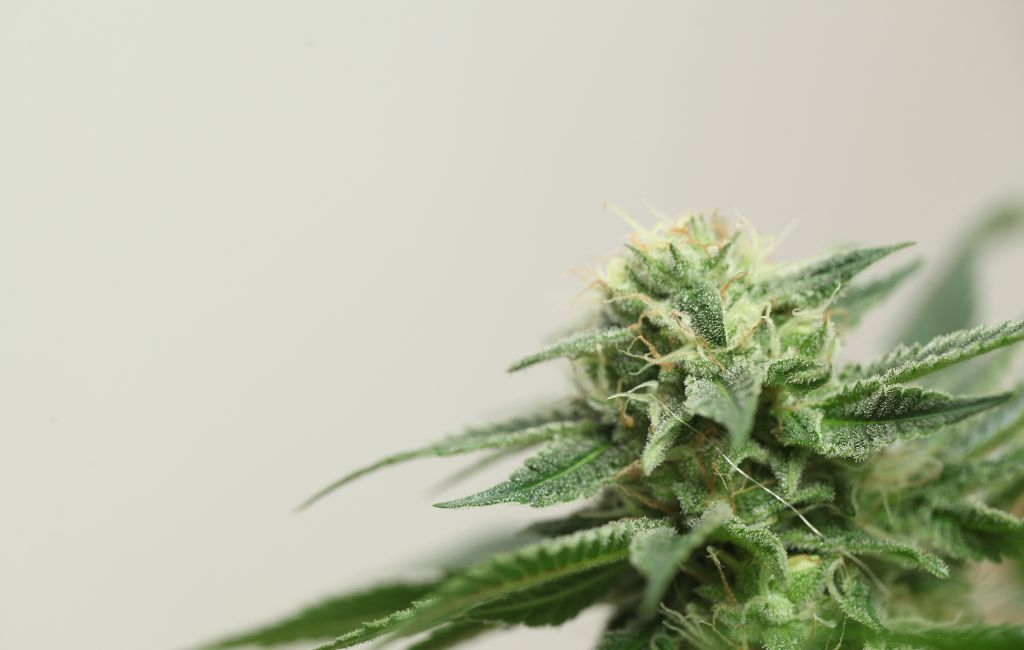THCa Flower: Natural Relief, Modern Benefits
In recent years, the cannabis industry has seen a surge in interest surrounding THCa flower. This non-psychoactive compound offers a range of potential benefits, making it a popular choice for those seeking natural relief. This article explores the properties, benefits, and applications of THCa flower, supported by research and real-world examples.
Understanding THCa
THCa, or tetrahydrocannabinolic acid, is a cannabinoid found in raw and live cannabis plants. Unlike THC, THCa does not produce psychoactive effects. When cannabis is heated through smoking, vaping, or cooking, THCa converts to THC, the compound responsible for the “high” associated with cannabis use.
Properties of THCa
- Non-psychoactive
- Anti-inflammatory
- Neuroprotective
- Anti-emetic
Health Benefits of THCa Flower
Research indicates that THCa may offer several health benefits. These benefits make it an attractive option for individuals seeking alternative treatments for various conditions.
Anti-Inflammatory Effects
Studies have shown that THCa possesses anti-inflammatory properties. This makes it a potential treatment for conditions such as arthritis, lupus, and inflammatory bowel disease. A 2011 study published in the British Journal of Pharmacology found that THCa reduced inflammation in animal models, suggesting its potential for human use.
Neuroprotective Properties
THCa may also have neuroprotective effects, which could be beneficial for neurodegenerative diseases like Alzheimer’s and Parkinson’s. Research published in the Journal of Neuroimmune Pharmacology in 2012 demonstrated that THCa could protect neurons from oxidative stress, a key factor in neurodegeneration.
Anti-Emetic Benefits
For individuals undergoing chemotherapy, nausea and vomiting are common side effects. THCa has shown promise as an anti-emetic, helping to reduce these symptoms. A 2013 study in the British Journal of Pharmacology found that THCa was effective in reducing nausea in animal models, highlighting its potential for cancer patients.
Modern Applications of THCa Flower
With its range of potential benefits, THCa flower is being incorporated into various modern applications. These applications cater to different preferences and needs, making THCa accessible to a broader audience.
Raw Consumption
One of the simplest ways to consume THCa is by eating raw cannabis leaves or flowers. This method preserves the THCa content, allowing users to benefit from its properties without experiencing psychoactive effects. Smoothies and salads are popular ways to incorporate raw cannabis into the diet.
Topical Applications
THCa-infused topicals, such as creams and balms, are gaining popularity for their anti-inflammatory and pain-relieving properties. These products can be applied directly to the skin, providing localized relief for conditions like arthritis and muscle pain.
Tinctures and Capsules
For those who prefer a more controlled dosage, THCa tinctures and capsules offer a convenient option. These products allow users to measure their intake precisely, making it easier to manage their symptoms effectively.
Case Studies and Real-World Examples
Several case studies and real-world examples highlight the potential benefits of THCa flower. These stories provide valuable insights into how THCa can improve quality of life for individuals with various conditions.
Case Study: Arthritis Relief
Jane, a 55-year-old woman with rheumatoid arthritis, began using THCa-infused topicals to manage her pain and inflammation. After several weeks of consistent use, she reported a significant reduction in joint pain and swelling, allowing her to engage in daily activities with greater ease.
Case Study: Neurodegenerative Disease
John, a 70-year-old man diagnosed with Parkinson’s disease, incorporated THCa tinctures into his daily regimen. Over time, he noticed improvements in his motor function and a decrease in tremors, enhancing his overall quality of life.
Case Study: Chemotherapy-Induced Nausea
Emily, a 45-year-old cancer patient undergoing chemotherapy, struggled with severe nausea and vomiting. After trying various treatments with limited success, she turned to THCa capsules. Within days, she experienced a marked reduction in nausea, allowing her to maintain a healthier diet and better tolerate her treatment.
Statistics and Research Findings
Several studies and statistics support the potential benefits of THCa flower. These findings provide a scientific basis for its use in various applications.
- A 2011 study in the British Journal of Pharmacology found that THCa reduced inflammation in animal models.
- Research published in the Journal of Neuroimmune Pharmacology in 2012 demonstrated that THCa could protect neurons from oxidative stress.
- A 2013 study in the British Journal of Pharmacology found that THCa was effective in reducing nausea in animal models.
Conclusion
THCa flower offers a range of potential benefits, from anti-inflammatory and neuroprotective properties to anti-emetic effects. Its non-psychoactive nature makes it an appealing option for those seeking natural relief without the high associated with THC. With various modern applications, including raw consumption, topicals, and tinctures, THCa is becoming increasingly accessible. Supported by research and real-world examples, THCa flower stands out as a promising option for individuals looking to improve their quality of life through natural means.
